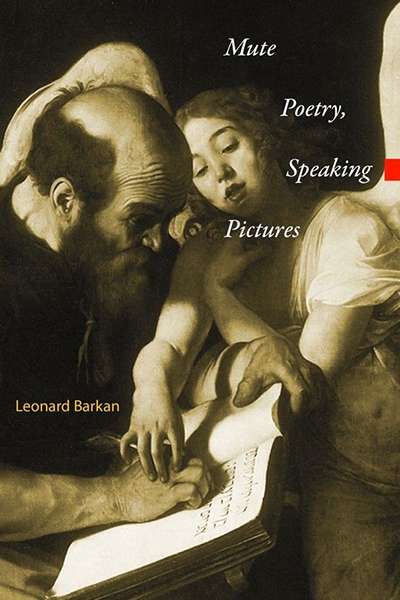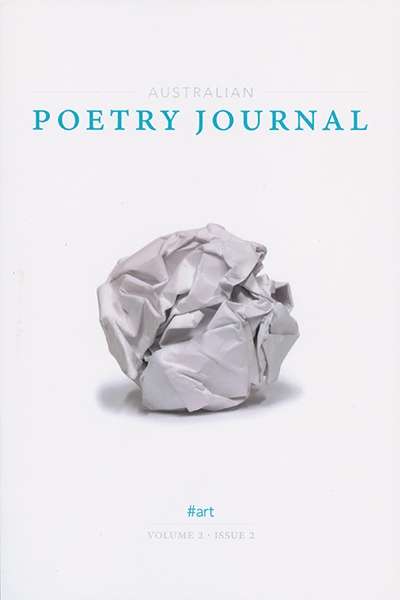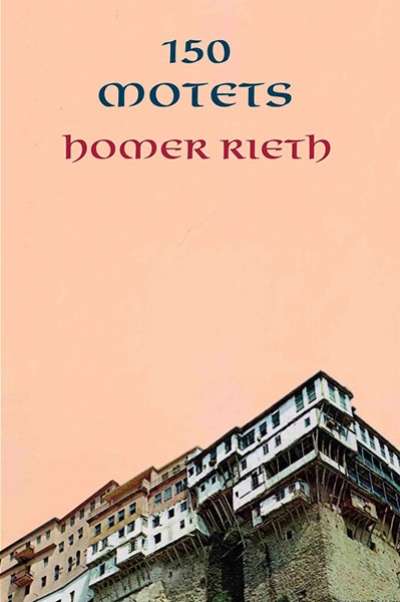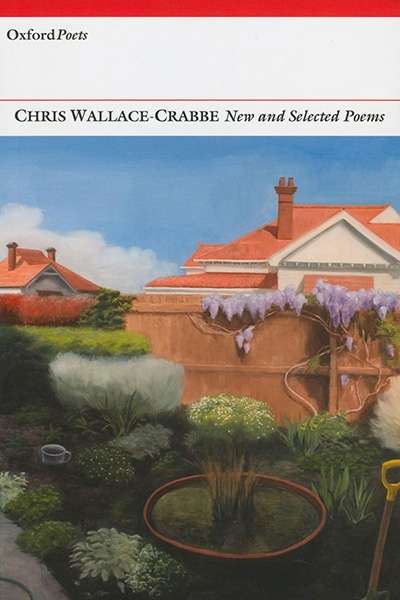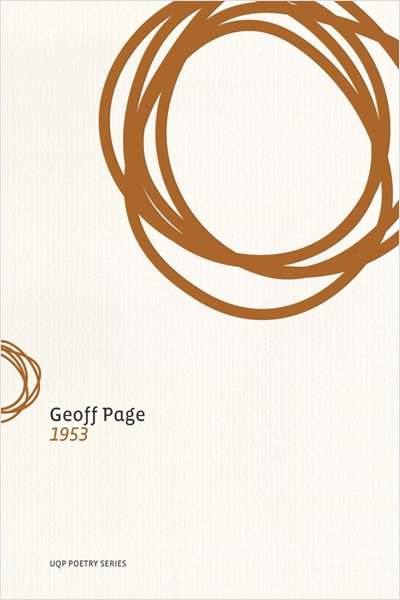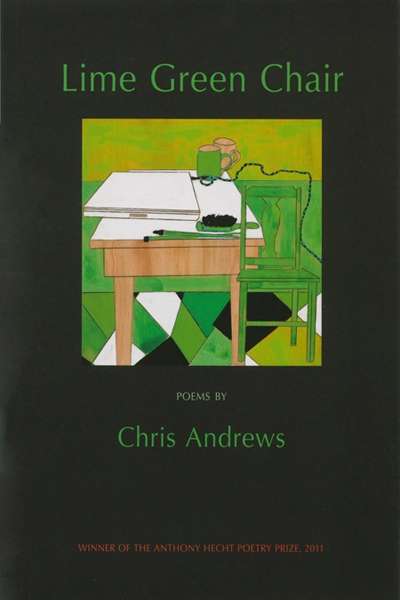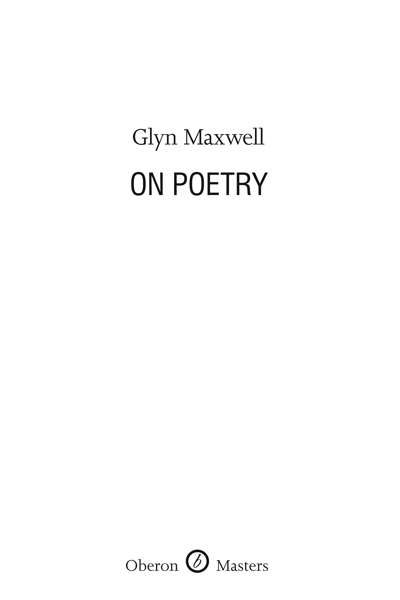Poetry
Simonides of Ceos is said to have declared that ‘Painting is mute poetry, poetry a speaking picture.’ All of us know something of what he means, about our thirst for information from the arts: and, if you like, our scrabbling for the visible within a text. One half of his mirrored pronouncement is verified by those people who, in an art museum, hurry to the curatorial information alongside a picture. They want to discover what the painting is about. But the sought-after ‘aboutness’ keeps slipping away from the viewer, much as the point – but is it a point? – of a poem does.
... (read more)The camera ottica in the epigraph to Hotel Hyperion alludes to Lisa Gorton’s artful play with shifting perspectives in this luminescent collection of poetry. The reader is invited to put her eye to the lines of poetry as if to a Galilean telescope or ‘perspective tube’. By looking at the poems through the peephole as ...
... (read more)Australian Poetry Journal, Volume 2, Issue 2 edited by Bronwyn Lea
Australian Poetry Journal, the flagship publication of Australian Poetry, contains a veritable who’s who of Australian poets. However, this doesn’t mean that the journal is part of the poetry gangland to which some other contemporary Australian journals belong. This is a testament to editor, Bronwyn Lea, who must disappoint many poets – possibly even poet friends or acquaintances – in order to maintain the journal’s impressively high standard. While there are a bevy of famous names on the contents page, Australian Poetry Journal only publishes the best work from these poets and scholars. But it is not just a journal for established poets and poems; emerging poets Davina Allison and Carmen Leigh Keates effloresce in this vaunted company.|
... (read more)Although the Melbourne publisher Black Pepper has a stable of major Australian poets (Stephen Edgar and Jennifer Harrison among them), it is also a house that likes to take chances. The favourable reception accorded Homer Rieth’s 359-page epic poem, ‘Wimmera’, in 2009 was definitely a punt that paid off. The book was shortlisted for The Age Book of the Year and became an ABC television program. Rieth’s new book, 150 Motets, though shorter, may be even riskier.
... (read more)First, I will bore you with some Chris Wallace-Crabbe statistics. Born in 1934, he has thirty-three ‘new’ poems in his New and Selected Poems, which is an average of about seven poems a year since his last volume, Telling a Hawk from a Handsaw (2008). That is a lot of poems for the second half of a poet’s eighth decade, a time when many run dry. The ‘selected’ part of this volume draws from fourteen volumes (he has 681 poems on the Australian Poetry Library website). With earlier volumes, he has sometimes selected as few as two or three poems from each. With later volumes he has been less strict. For example, from the forty-three poems of For Crying Out Loud (1990) he has included eleven in New and Selected Poems. But in making this selection he has omitted some very good poems, which are worth preserving, such as his ten ‘Sonnets to the Left’ from I’m Deadly Serious (1988).
... (read more)Geoff Page’s 1953 is set in the town of Eurandangee, which, we learn, is about 650 kilometres north-west of Sydney ...
Lime Green Chair, which is Chris Andrews’s second book, won in manuscript form the Anthony Hecht 2011 Poetry Prize. Andrews is also a prize-winning translator from the Spanish of Roberto Bolaño, César Aira, and others. Lime Green Chair translates and transforms everyday moments into auguries of time disappearing. Each of these mostly 21-line poems is finely patterned with unexpected rhyme and vowels that ring into a following line, as if directed by some hidden constraint: ‘Sounds that came into the world in my lifetime / already sound old-fangled: dial-up modems, / the implosion of a television tube / in a set dropped from a high window ...’ (‘Sonic Age’).
... (read more)The house is up for tender and will be sold.
Houses always sell – in the end. Even if it is
for the land. Smoking out or treading down
the haunts takes three days, or even longer.
The octopus is dead
who lived in Wylies Baths
below the circus balustrade
and the chocked sea tiles.
‘T his is a book for anyone,’ begins On Poetry, by the English poet Glyn Maxwell. It is a bold gesture, returning an ancient art to ‘anyone’ interested in it. Inasmuch as any book can be for everyone, On Poetry is such a book. It is funny, original, and doesn’t presuppose expertise on the part of the reader. It is the best book on reading and writing poetry for a general audience that I have ever read.
... (read more)
